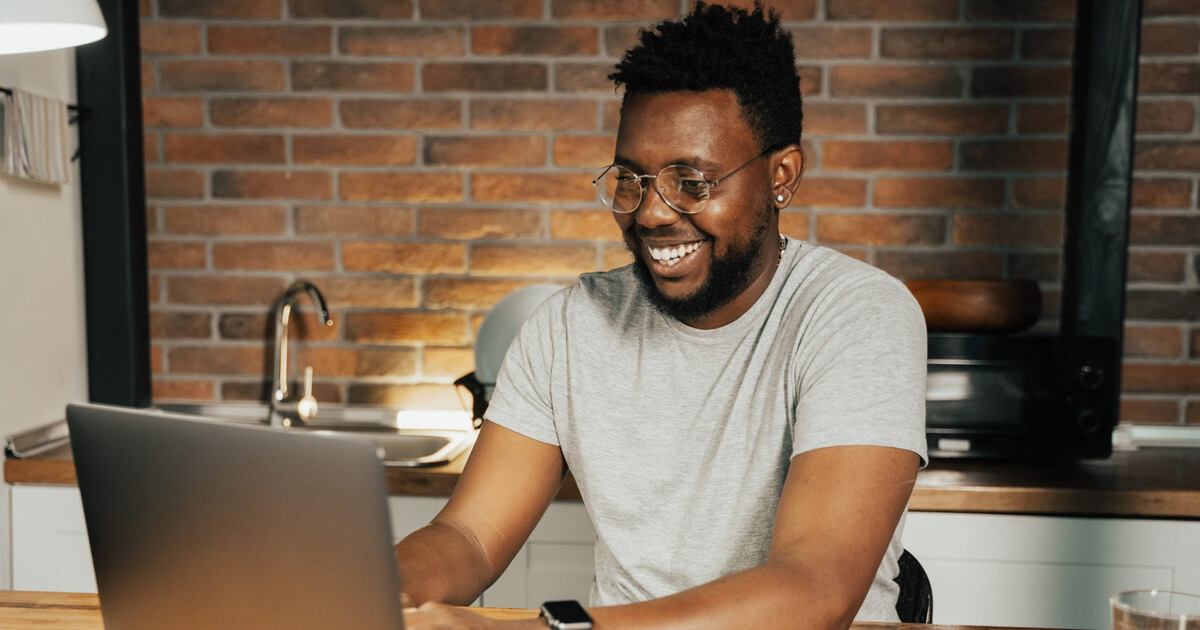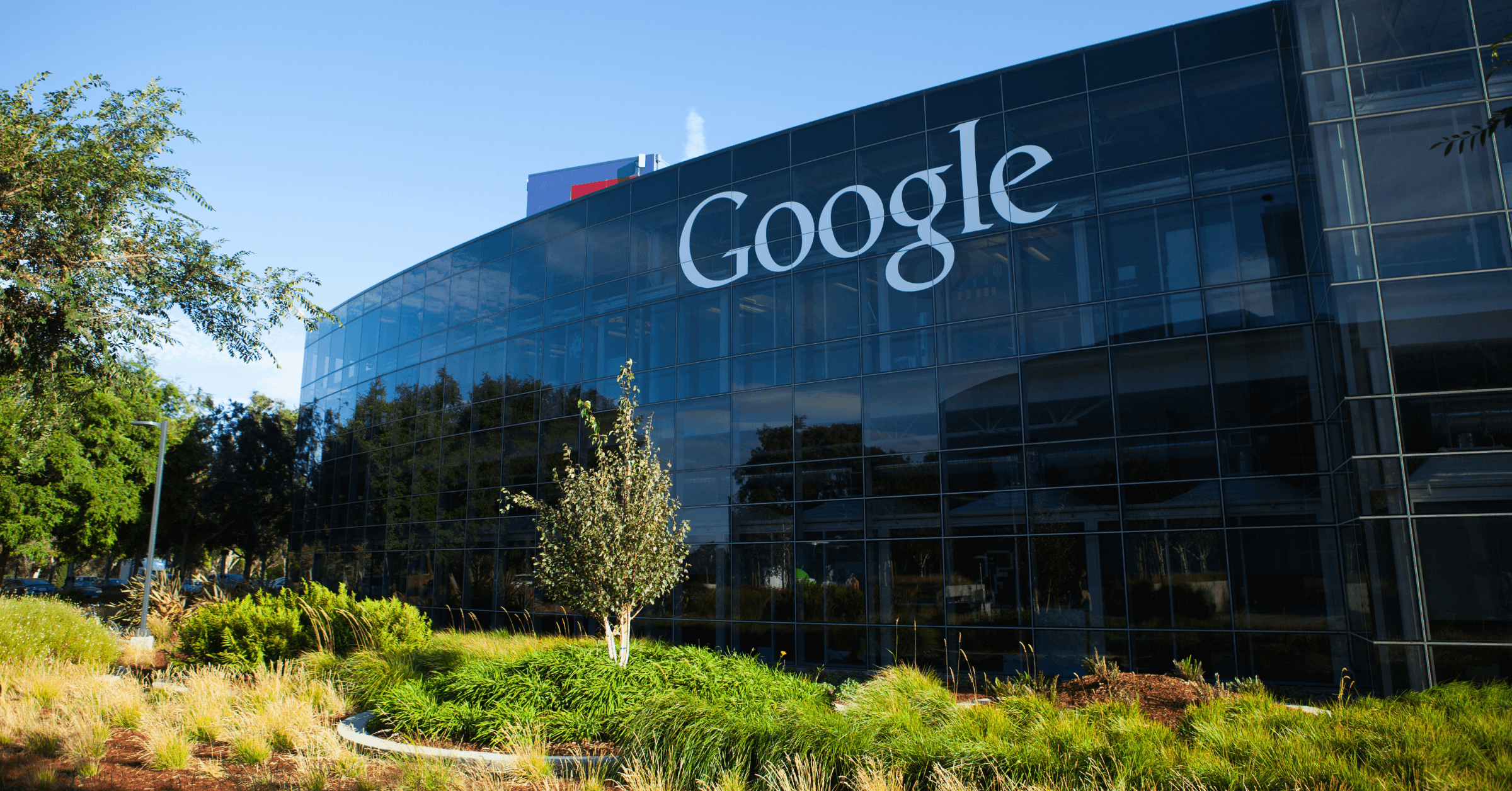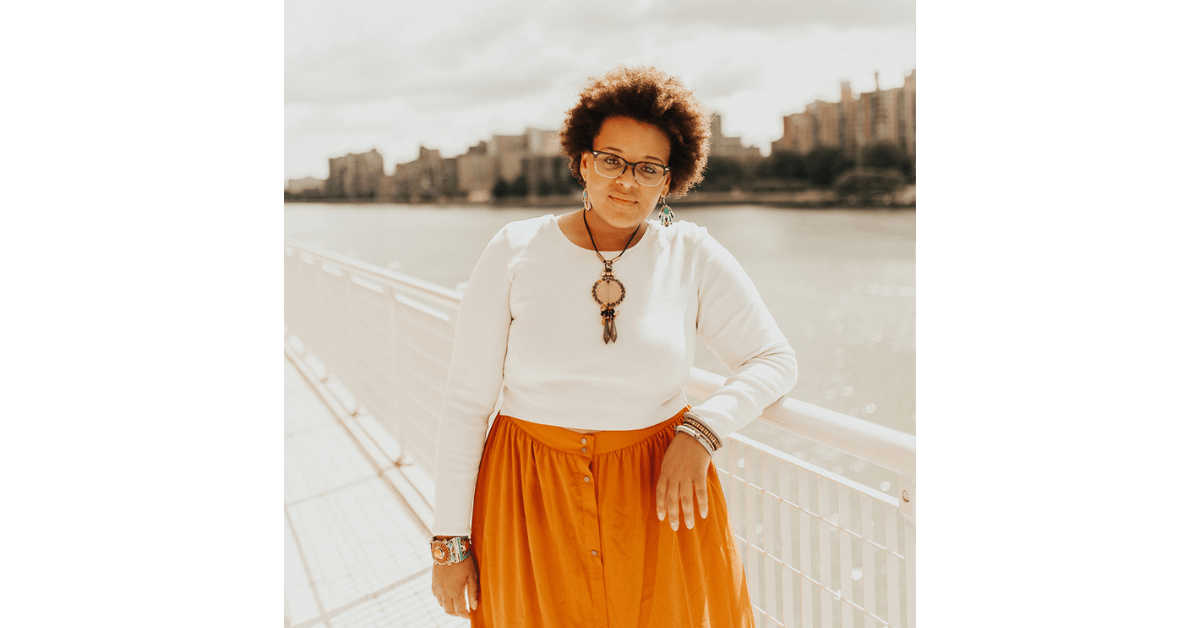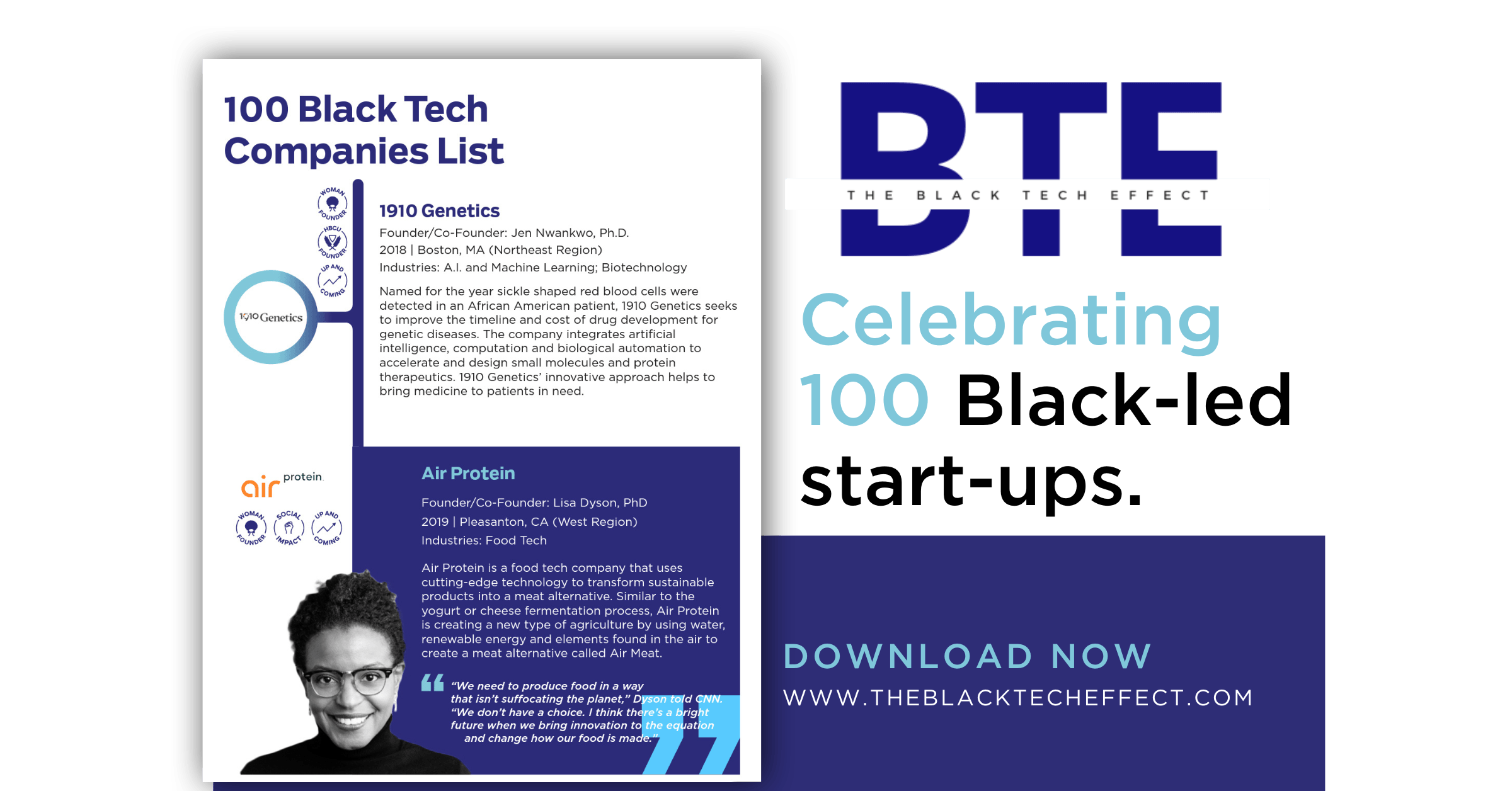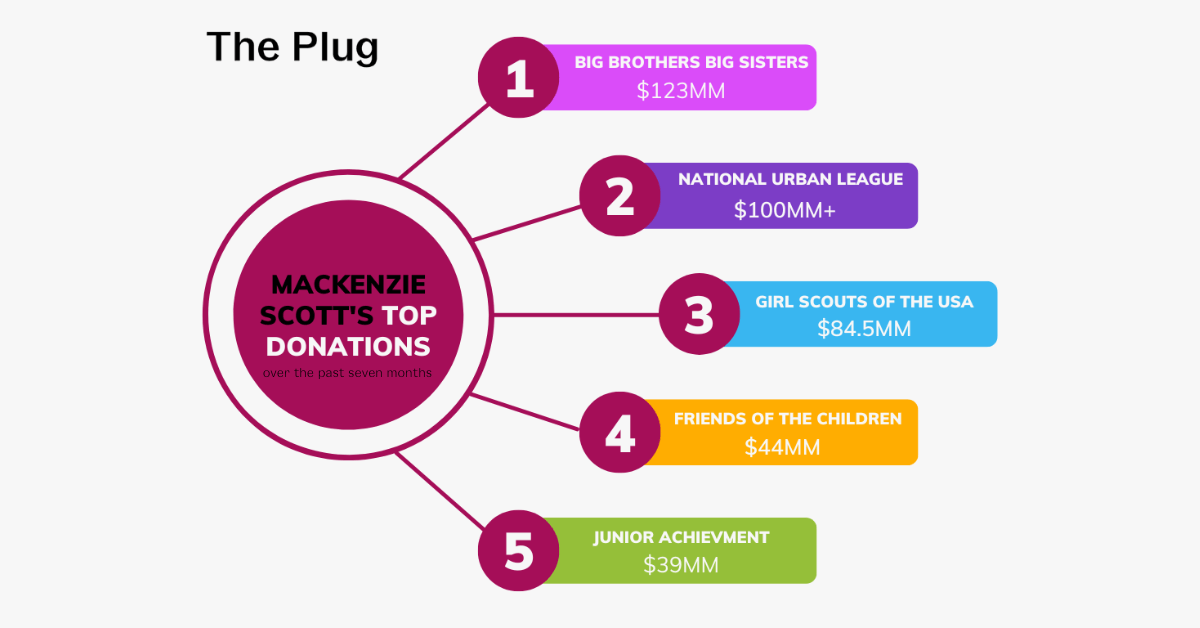Mentorship, ad credits, a behemoth of potential customers, and an “open-door” policy to account managers is what Amazon is hoping will drive Black business owners to its new Black Business Accelerator program (BBA).
Today, the tech giant announced its $150 million program in partnership with the Minority Business Development Agency and U.S. Black Chambers Inc. to attract newcomers to its seller platform. The initiative joins that of other tech giants dedicating money and support to helping Black-owned businesses with ad credits and account management like Instacart and Shopify, which announced efforts earlier this month.
According to leaders of BBA, Amazon will spend the next four years doling out cash by way of AWS ad credit (up to $3,900), $10,000 grants through an application process via Hello Alice, and support services that better help customers connect with small businesses run by Black sellers.
“We’re doing this intentionally, with no number in mind—we want to get many people to sign up,” Lorenzo Patton, Vice President of Finance Operations Services at Amazon, told The Plug.
A project of the company’s Black Employee Network group, the BBA piggybacks on several initiatives launched in recent years aimed at connecting buyers to sellers by improving the discoverability of minority-owned and small businesses.
In 2018, Amazon launched curated shops of Black hair care brands and products like the Textures and Hues shop. During Black History Month this year, Black-owned brands received recognition, curated content, and storefronts with messages on shopping small.
As of March, 3.7 billion products have been sold on Amazon alone, generating an average revenue of $200,000 for independent sellers. According to Amazon’s first-quarter earnings reporting, roughly 55 percent of products on Amazon are sold by third-party sellers. Sellers pay between 8-15% per transaction to Amazon and monthly fees upwards of $39.99 per month. Pricing for items fulfilled by Amazon varies depending on the type and size of the product.
Danyel Surrency Jones, CEO of POWERHANDZ, a wearable sports tech company, has been selling on Amazon since 2020 after receiving an email with an offer to join their cadre of sellers within the sports-tech category.
“It felt deliberate and intentional on leaning into small businesses,” Surrency Jones told The Plug. The Frisco, Texas-based company began onboarding with Amazon through the Amazon vendor central program, eventually creating their own channel and using Fulfillment by Amazon to sell in over 80 countries. They hope to participate and leverage the resources available in the BBA program to further expand and grow their business following a full year of growth.
“Last year during COVID, those were tough times for small businesses, but our revenue doubled on Amazon,” Jones said.
While Amazon does not have a set number for how many businesses it would like to support or impact over the next four years, Patton said the goal is to give Black businesses, which are typically lacking in resources, an opportunity to leverage and take advantage of the Amazon marketplace engine, grow revenue, hire employees and add ongoing value within their communities.
One could argue that $150 million over a four-year period is a small drop in the bucket for a company that posted over $100 billion in revenue in the first quarter alone.
“There’s no sunset period [of the program after four years],” Patton said. “Senior leadership and BEN will evaluate [progress], and this will let us know what we are missing and what more needs to be added.”

